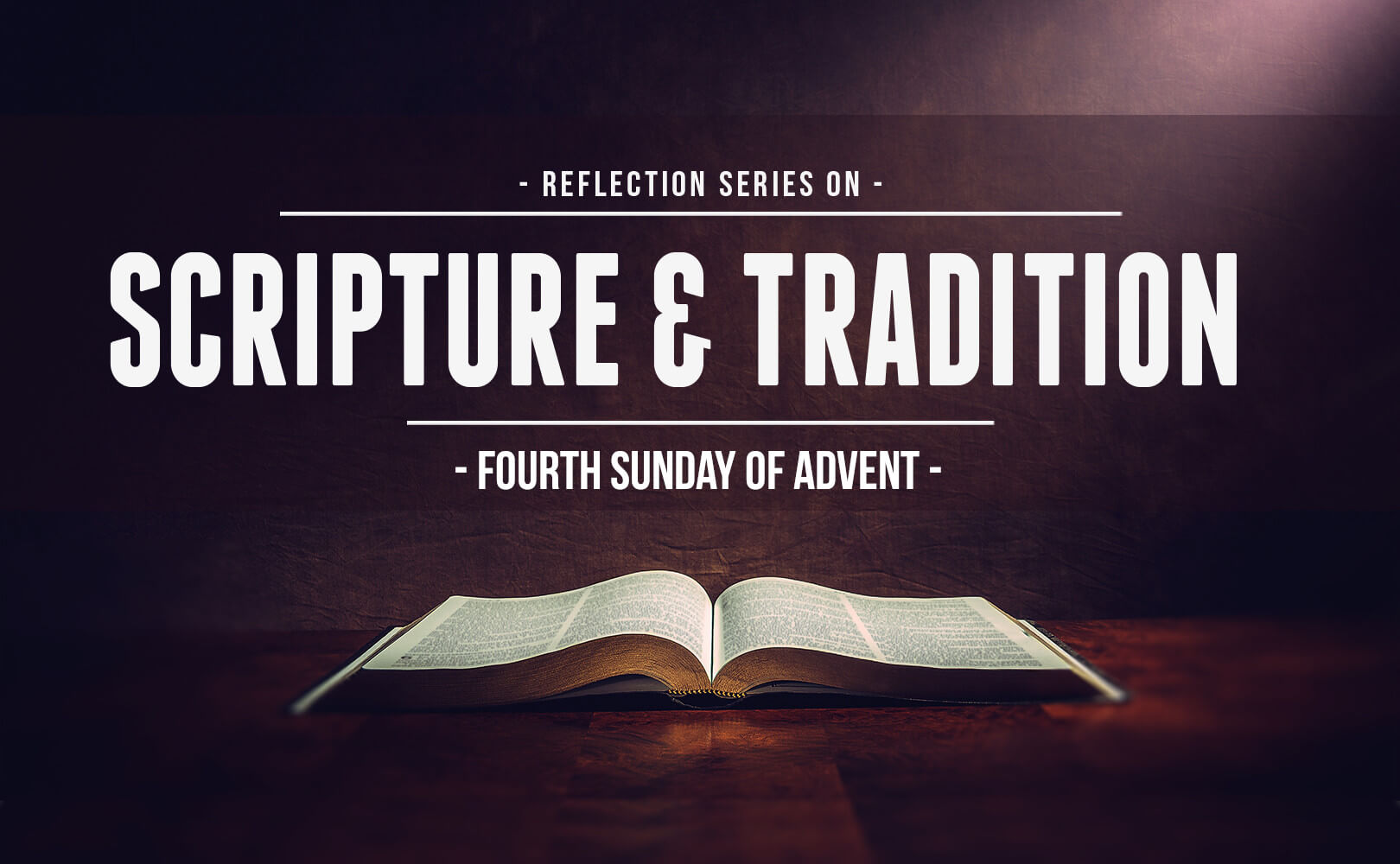Epistle: 1 Corinthians 4:1-5
Gospel: Luke 3:1-6
Stir up Thy power and come, we pray Thee, O Lord, and with great might succour us; that our deliverance, which our sins impede, may be hastened by the help of Thy grace and the forgiveness of Thy mercy.
– From the Collect for the Fourth Sunday of Advent
Last week we saw the connection between preparation and penance—a link that this Sunday’s readings further emphasize.
In Sunday’s Gospel, we read about the beginning of St. John the Baptist’s public preaching. St. Luke tells us that John was “preaching the baptism of penance for the remission of sins.” This preaching is the fulfillment of Isaiah’s prophecy that there will come “A voice of one crying in the wilderness: Prepare ye the way of the Lord.” To be prepared for the Lord, one must do penance.
Although this connection is forgotten today, the Church Fathers understood it well. St. John Crysostom noted, “And John himself said when he came, ‘Bring forth fruits consistent with repentance,’ which corresponds with ‘prepare the way of the Lord’” (Homilies on the Gospel of Matthew 10.3). St. Cyril of Alexandria emphasized that penance makes straight our path to God, “Make ready for the reception of whatever Christ may wish to do. Withdraw your hearts from the shadow of the law, discard vague figures and no longer think perversely. Make the paths to our God straight. For every path that leads to good is straight and smooth and easy, but the one that is crooked leads down to wickedness those that walk in it” (Commentary on Luke, Homily 6).
Why are penance and preparation so intimately connected? Think about preparing your house for guests to arrive for a Christmas party. Do you leave dirty dishes on the kitchen counter, and clothes lying about the family room? No, you straighten up the house and you put up the decorations. As a sign of respect to your guests, you make your house as nice as possible to make them feel welcome. Likewise, as we prepare for the baby Jesus to come to us at Christmas, we need to clean up our souls. We need to remove those dirty areas—attachments to sins and weakness to temptation. And this requires penance.
This is why St. John the Baptist had to come before Jesus: he had to make ready the Jewish people for the Messiah’s arrival. We see the connection between the Baptist and his divine cousin in the fact that some of the Apostles were actually disciples of St. John the Baptist first. The repentance they experienced in following John prepared them to become Apostles of Christ. If people do not first repent, they will not accept Jesus as Lord. Therefore, we must repent of our sins to that the Lord might arrive in our hearts.
Sunday’s Epistle also urges us to prepare, by “bring[ing] to light the hidden things of darkness.” At Our Lord’s Glorious Second Coming, which we also remember during the Advent Season, all will be revealed—our public and private sins, as well as our public and private good deeds. Nothing is hidden from the eyes of God, but through penance we can “cover” our sins, as St. Thomas Aquinas notes. In commenting on this passage, he writes, “This, of course, refers both to good things and to evil things that have been committed and covered over by penance, according to a psalm: ‘blessed is he whose transgressions is forgiven, whose sin is covered (Ps 32:1)” (Commentary on 1 Corinthians 196).
Penance, we see, has two functions. It both makes reparation for our sins, and strengthens us to resist sin in the future. What better way, then, to prepare us for the Lord’s coming?


